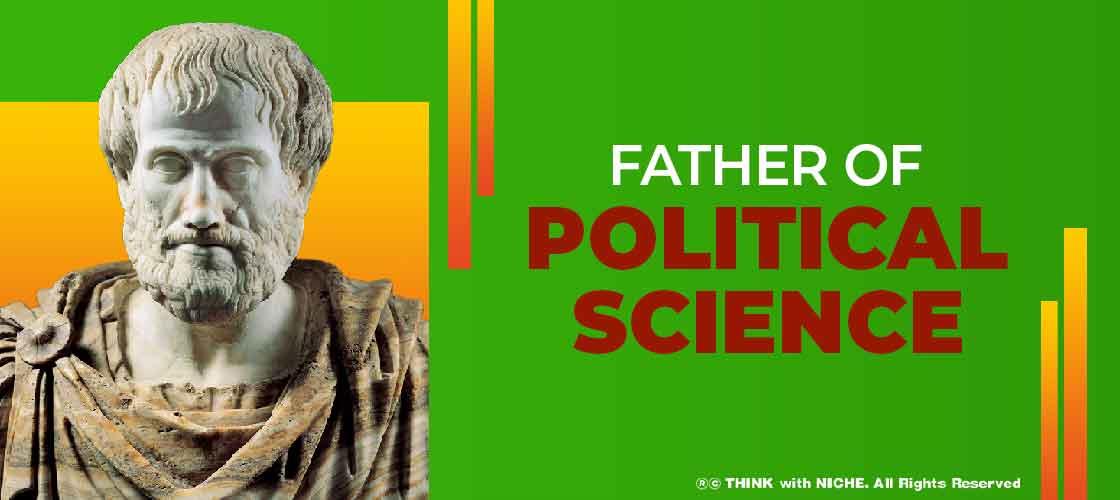
Who is the father in political science?
Aristotle, a Greek philosopher who created the field called Political Science, was born in 384 BC. He was born in 384 BC, and died in 322 BC. He was a student of Plato and a teacher for Alexander the Great. Aristotle's writings include metaphysics, poetry and theater.
What's Political Science?
A politicology is the scientific study and application of politics. This involves understanding political ideas, ideologies and policies. It also includes the study of groups, classes and politics. Both the public and private sectors can benefit from the research, communication and data analysis skills gained in studying political science.
Introduction to Father in Political Science: Aristotle’s Philosophy
Aristotle is often referred to as the Father in Political Science. Plato, on the Isle of Lesbos, taught him. His work does not stop at his book on politics. It is also called "The Politics." It includes works on metaphysics, ethics, biology, logic, rhetoric and poetry.
Aristotle's Life: Father of Political Science
Aristotle was born at Stagira in Greece or Macedonia. His father was a doctor to the royal court in Macedonia. His mother was a woman with high birth and would have been educated in philosophy. Although he is believed to have studied nine years with Plato, he also studied with other great minds like Anaxagoras and Xenocrates.
Education in Athens
Politics and political science have a long history. The ancient Greek word for "polis", which is the city-state, gives rise to the term "political sciences". Aristotle, along with other students of his school, provided education in ancient Athens.
Views of Slavery
He wrote in his 1851 essay The Negro Race that "unless the civil rights and political rights of negroes is speedily recognized, as well as a fair chance for them to develop and manhood. Our country may soon find itself in an agony that could shake its foundations.
Views of Revolution: Views On Democracy and Tyranny
Philosophers and historians agree that the best examples of ideal republics are ancient Athens, and ancient Rome. Both cases saw the demos revolting from the aristocracy. This was because they had slowly accumulated too much power and became oppressive and arrogant.
Conclusion
Many of Aristotle’s contemporaries believed the earth was flat. But he disproved this belief. Aristotle also observed that lunar eclipses are when the earth passes the center of the sun or moon. Aristotle observed that the earth's circumference is a circle or sphere. It would look very different if the earth were flat. Aristotle then considered the North Star's position. The star seemed to be moving northward towards the sky. The North Star was not visible if one went south of the equator. Aristotle finally watched the ships enter port. Aristotle noticed that he could clearly see the sails at the top of the ships from a distance before the whole ship. Aristotle argued that the shape of the earth and the crescent of it were not the same. Aristotle's conclusion is perfect if we lived on a flat Earth.
FAQs
What are the possibilities for a political science degree?
Jobs for Political Science Grads:
Lobbyist
Lawyer
Diplomat or foreign service officer
Political scientist
Professor
Executives in business
Consultant in politics
Official of the Government
What is the difference between political science and other sciences?
The four main subfields of Political Science include American Politics and Comparative Politics. International Relations is also covered.
What's an example of political science?
An analysis of government processes (the most famous example being "how a bill is made a law"), and a study on government institutions (e.g. the presidency, Congress, etc. These include a study of the behavior and actions of elected officials as well as government workers.
father of political science, history of political science, what is political science
Read This Full ARTICLE, Click Here


Comments
Post a Comment